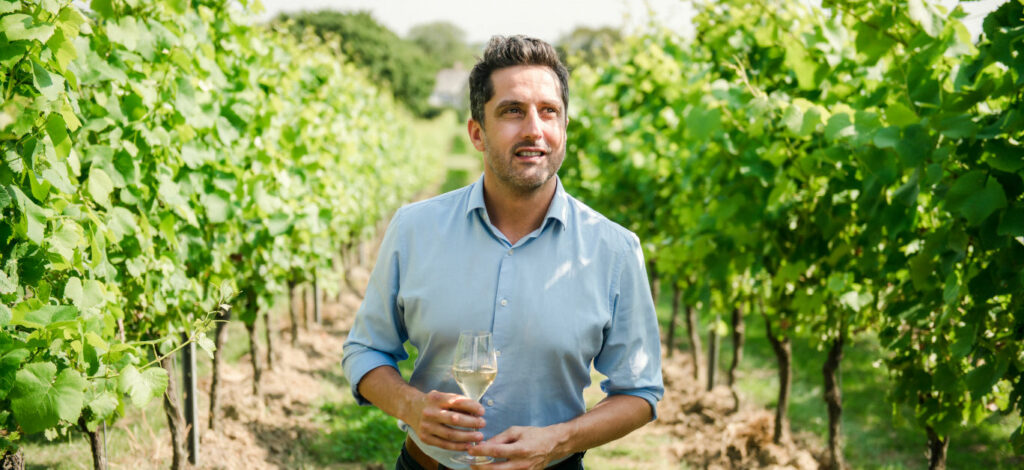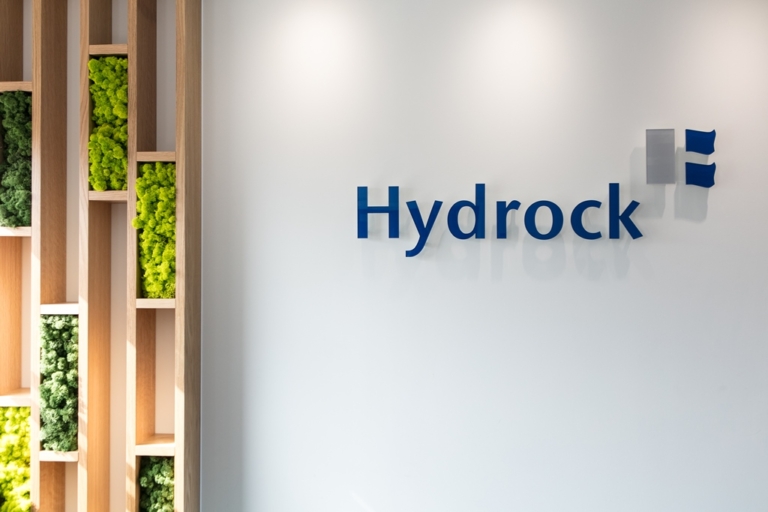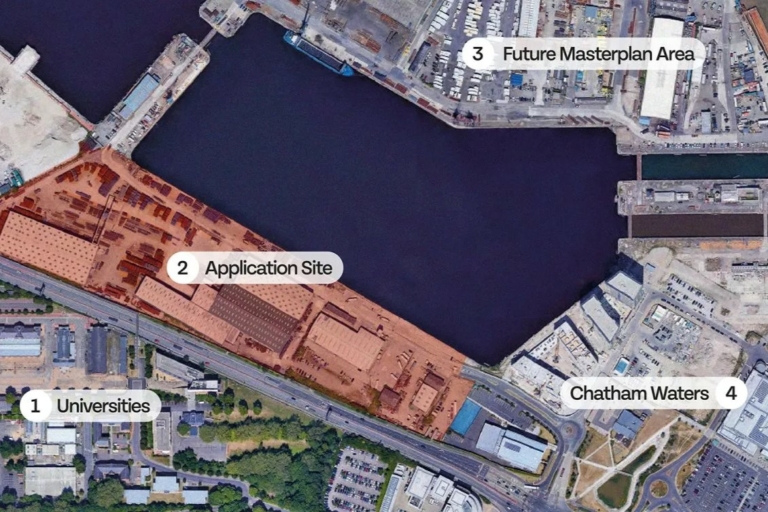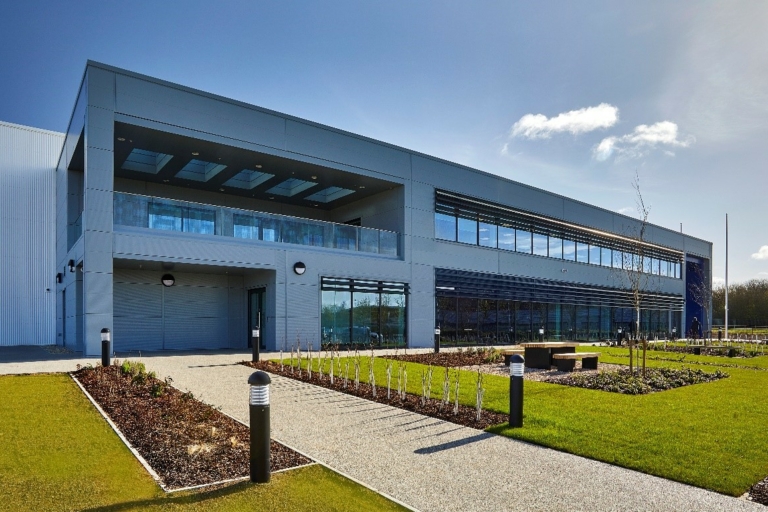Four major South East vineyard figureheads talk about the challenges and opportunities ahead

We speak to three major players in the region’s wine sector on the challenges and opportunities they see in the years ahead
Wine producers pride themselves as custodians of the land. They are on the climate change front line, witnessing early crop destroying frosts and scorching hot summers which can lead to earlier harvests – and also, sometimes, bumper harvests.
Three major players in the South East English wine sector spoke to us about the double edge sword of global warming, the value of wine tourism, opportunities for growth and the headwinds that could hinder its forward trajectory.
"When you work in the wine industry, you really feel it and are hyper aware of what is going on especially when you have weird climate events like frosts in May, or when its too hot, it can wipe out your entire crop.”
david gates
Chapel Down was established in the year 2000 and has grown into the largest producer of English wine, selling 1.5 million bottles of wine in 2021.

"We are farmers and focused on practicing sustainable farming and viticulture in our vineyards,” said Chapel Down Chief Executive Andrew Carter.
“We have introduced indigenous grasses between rows to minimise the use of herbicide, our packaging is all recyclable and our glass is made from 75 per cent recyclable material."
Laithwaites was founded 53 years ago by Tony Laithwaite who went to work on French vineyards before spotting an opportunity to cut out the middlemen and bring good quality French wine back in a van back to the UK and selling it direct to the consumer at affordable prices.
Evidence of climate change drives investment in green energy
David Gates, Laithwaites Chief Executive Officer said his company had committed to be net carbon neutral by 2035.

He said: "When you work in the wine industry, you really feel it and are hyper aware of what is going on, especially when you have weird climate events like frosts in May, or when it’s too hot, it can wipe out your entire crop.
"We have aggressively targeted the low hanging fruit around energy, travel and commuting, switched to green energy where we could and rolled out electric car schemes.
READ MORE: How English wine shook off its downbeat reputation and is now challenging Champagne
"We want to double our bulk shipping of our wine and bottle it here to reduce our shipping carbon footprint."
Charlie Holland, CEO of Gusbourne, said the unpredictable effects of global warming was a challenge for the emerging English wine market.

He said: "Global warming has a big influence on the wine industry - the level of ripeness that we can achieve now just wasn't possible 15 years ago. So we're seeing levels of warmth and sunshine increasing and we're able to ripen the grapes to a much higher level than we used to.
"Of course, what comes with that, climate change, is unpredictable weather patterns, so it's not getting any easier to make wine or grow grapes in England. Frosts, unpredictable weather, storms, that sort of thing are happening. The wrong weather at the wrong time, so it's still a challenging place to make wine. But if you give it its due diligence and you try really hard, you can make exceptional wines here."
Chapel Down's Andrew Carter said consumer demand was aligning with people and place and there was a growing expectation of transparency.
He said: "Consumers wants to see how products are made, their impact on the environment and their sustainable footprint and this is benefitting English wine.
"Why drink a bottle of Sauvignon Blanc from New Zealand when you can drink a bottle of Bacchus from Kent?"
The Romans first identified the South East as suitable for viticulture, but it wasn’t until the years following World War II that wine-making in this country began to enjoy a renaissance.
Royal Air Force generals who retired to the region and set up vineyards, armed with knowledge gained from their postings in Germany, began making wines from Germanic vines.
English wine industry enjoys accelerated growth
The emergent wine produced by the hobby farming generals lacked the refined taste that we have become accustomed to today, and its sweetness was at odds with the dry palette of the modern consumer.
"Why drink a bottle of Sauvignon Blanc from New Zealand when you can drink a bottle of Bachus from Kent?"
ANDREW CARTER
From the 1980s onwards, big industry players such as Nyetimber and Gusbourne began to arrive on the South Coast and drove a movement away from Germanic vines towards French grape varieties and the emergence of English sparkling wine.
The industry has seen accelerated growth in recent years with the 700 plus vineyards in England and Wales seeing sales rise by 70 per cent over the past two years alone.
The South East, particularly Kent, has been quick to capitalise on the opportunity that wine tourism brings when it comes to driving additional revenue for producers and supporting the sometimes fragile rural communities where vineyards are based.
The Wine Garden of England is a collective made up of eight vineyards, including Simpson and Chapel Down, and promotes wine tourism in Kent and the tourism suppliers that support it.
Charles Simpson and his wife Ruth founded the 90-acre Simpsons Wine Estate in 2012 on the outskirts of Canterbury and have purchased a further 22 acres with a plan to increase production of still and sparkling wines on the site to 300,000 bottles a year.
Wine tourists spend eight times more than average visitors
Charles Simpson said: "Wine tourists spend eight times as much as your average tourist.

"The wine tourist loves fine food and fine wine and likes nice places to stay. They are a valuable tourist and don't want to go to just one wine estate when they are travelling to a region, they want to visit a number."
The South East wine industry has seen exponential growth in recent years. How, then will industry continue this upwards trajectory?
Andrew Carter said growth for Chapel Down would continue on the domestic front while he also saw opportunities in exports and online.
He said: "We are educating bartenders, and many already understand the quality of the product, while our online sales are now 30 per cent of our business with 55,000 consumers already buying directly from us.
"Internationally, we are currently in 14 markets around the world, but it is only two per cent of our business. We are seeding our brand in key outlets and feel as if we have only just touched the surface there."
Scandi love for English wine is exporting opportunity
Simpsons Wine Estate markets its wine at luxury hotels and high-end restaurants however it is the speed of exports growth to Scandinavia that is particularly impressive, with 40 per cent of exports being dispatched to Norway in 2021.
"The Scandinavians absolutely love English wine, said Charles.
"The French, Italians and Spanish will never buy English wine because they are too busy enjoying their own wine, so they are really challenging markets to break into.
"The Scandis, Norway in particular, are real Anglophiles and they love Great Britain.
"While we may not be known for wine, they like luxury brands such as Aston Martin, Rolls Royce and Burberry so It’s not a huge jump for them to think that we can make world class wines."
"The alcohol duty reforms will add significant costs to selling wine and is discriminating against wine in favour of beer or cider.”
DAVID GATES
With growth opportunities at home, abroad and online, what could impede the South East wine from continuing along its growth journey?
David Gates said alcohol duty reforms, due in Autumn, mean higher taxes for wines with a higher alcoholic content and could hinder some parts of the industry, but would give a boost to the sparkling wine sector that will see a price reduction.
He said: "The alcohol duty reforms will add significant costs to selling wine and is discriminating against wine in favour of beer or cider.
"English sparkling wine however will benefit from a 20 per cent reduction."














